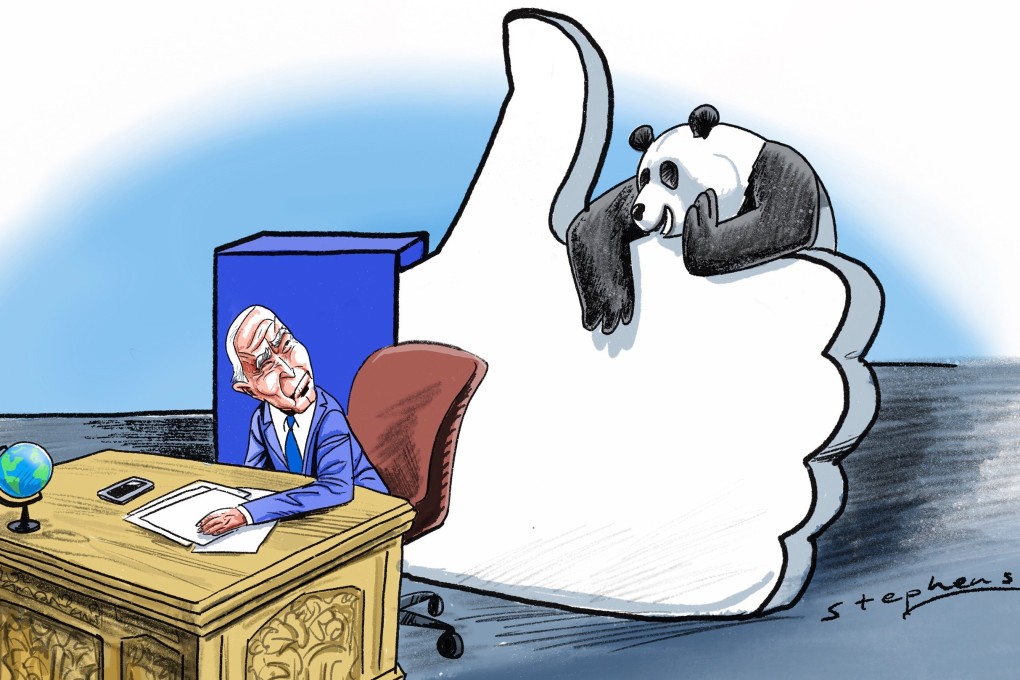Advertisement
Opinion | With Biden looking to improve US-China relations, Beijing can ensure meetings are more than a masquerade
- Biden seems keen to show he wants warmer US-China ties, without actually holding out much hope for it. For Beijing, this is a chance to foster meaningful connections
Reading Time:4 minutes
Why you can trust SCMP
17

There is no simple, direct answer to the current state of US-China relations, which are determined by a complexity of circumstances and conflicting realities. Earlier this month, US National Security Adviser Jake Sullivan met China’s top diplomat Wang Yi in Vienna, Austria, for two days of talks, and both sides released statements that carried intriguing subtleties.
The White House referred to “candid, substantive and constructive discussions” on bilateral, global and regional security issues, the Ukraine war and Taiwan, emphasising that the meeting was part of “efforts to maintain open lines of communication and responsibly manage competition”.
It talked about maintaining “this important strategic channel of communication” and “building on the engagement between President [Joe] Biden and President Xi [Jinping] in Bali” last November, giving the impression that Biden’s China policy was proceeding smoothly.
Advertisement
But things appear to be quite different on the Chinese side. The official Xinhua news agency and much of the obviously officially approved social media have published numerous, even repetitive, comments that sound more like declarations of victory.
While Xinhua also used “candid” and “substantive” to describe the Vienna meeting when it came to discussions on bilateral ties, it also reported that Wang had “fully expounded China’s solemn position” on Taiwan. Other official and semi-official social media outlets went further, suggesting that Wang had rebuked the US for its attitude and actions, and that the Chinese side had demanded specific improvements from the US.
Advertisement
The US side also reportedly asked about rearranging Secretary of State Antony Blinken’s postponed visit to China and may have requested another Xi-Biden summit. Any such requests appear to have been either rejected by China, or at least set aside with no immediate agreement.
Advertisement
Select Voice
Choose your listening speed
Get through articles 2x faster
1.25x
250 WPM
Slow
Average
Fast
1.25x
